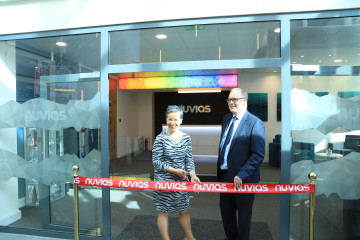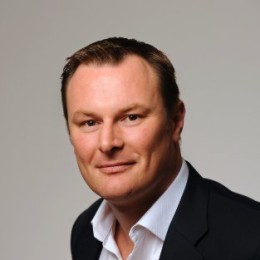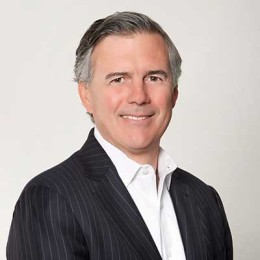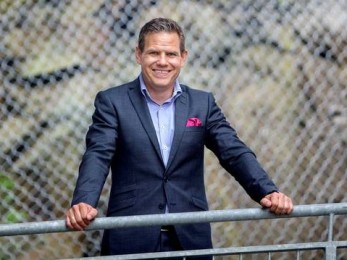 EMEA distributor Nuvias has opened a 13,504 sq. ft. new EMEA HQ at Woking, Surrey.
EMEA distributor Nuvias has opened a 13,504 sq. ft. new EMEA HQ at Woking, Surrey.
The move is the latest step in the rapid growth of the company, following its foundation in 2015.
Nuvias CEO Paul Eccleston said: “The new EMEA HQ in Woking is part of our ongoing plans for growth and increased EMEA reach. It will be a focal point for EMEA-wide activities and a centre for training and development, as well as a location for hosting strategic meetings with our customers and vendor partners. It is available as a resource centre for all our partners.”
Turnover at Nuvias is now more than $ 500 million, with an increase across the board of some 13.1 percent in the last financial year. The Advanced Networking and Cyber Security Practices each increased by 12 percent and the Unified Communications Practice by 18 percent.
Eccleston said: “We created Nuvias because the channel needed a new kind of EMEA distributor, to deal with the increasingly complex and diverse needs of the IT customer; the growth in demand for new technologies and emerging disruptive vendors; and the shift in how IT is consumed and provisioned. We’ve been working hard to help partners capitalise on the new opportunities presented by these changes.”
Nuvias has attracted many new vendors and extended its reach with existing vendors, all keen to take advantage of the company’s ethos, strong commitment to growth across EMEA, and ability to provide a consistently high level of value-added services across the region.
New vendor partners include Juniper Networks, Nokia, Malwarebytes, HID Global and BlueJeans. Existing vendors have extended their scope in EMEA with Nuvias, including Riverbed, Lifesize, ProLabs, Broadsoft, Polycom, AudioCodes, Oracle, Panasonic, Snom, VASCO, WatchGuard, Barracuda, Tintri and Kemp.
Since its foundation, Nuvias has also extended its geographical reach with new offices in Austria, Switzerland and South Africa, as well as upgrading Nuvias regional hub locations in Dubai, Germany and France. The company has won many press and vendor distributor awards in the last couple of years.1
Andy Nolan, Vice-President Sales at Lifesize, said: “We have been a long-time partner of Nuvias (formerly Zycko) and have moved forward substantially since Nuvias was established in 2015. We awarded Nuvias our EMEA Distributor of the Year 2017 title and Newcomer of the Year 2017 title for DACH. Lifesize now benefits from the many opportunities available from being part of the Nuvias UC Practice, and sales to Nuvias were up in 2017.”
Eccleston said: “When we started Nuvias, our vision was that by 2020, we would be the business that had redefined value distribution to the IT channel across EMEA, providing services and solutions to enable the channel and vendor community to deliver exceptional business value to their customers. We are now well on the way to fulfilling that aim.”
 McAfee has named Nick Viney as regional vice president for the UK, Ireland and South Africa and given him the job of building better relationships with partners.
McAfee has named Nick Viney as regional vice president for the UK, Ireland and South Africa and given him the job of building better relationships with partners.


















